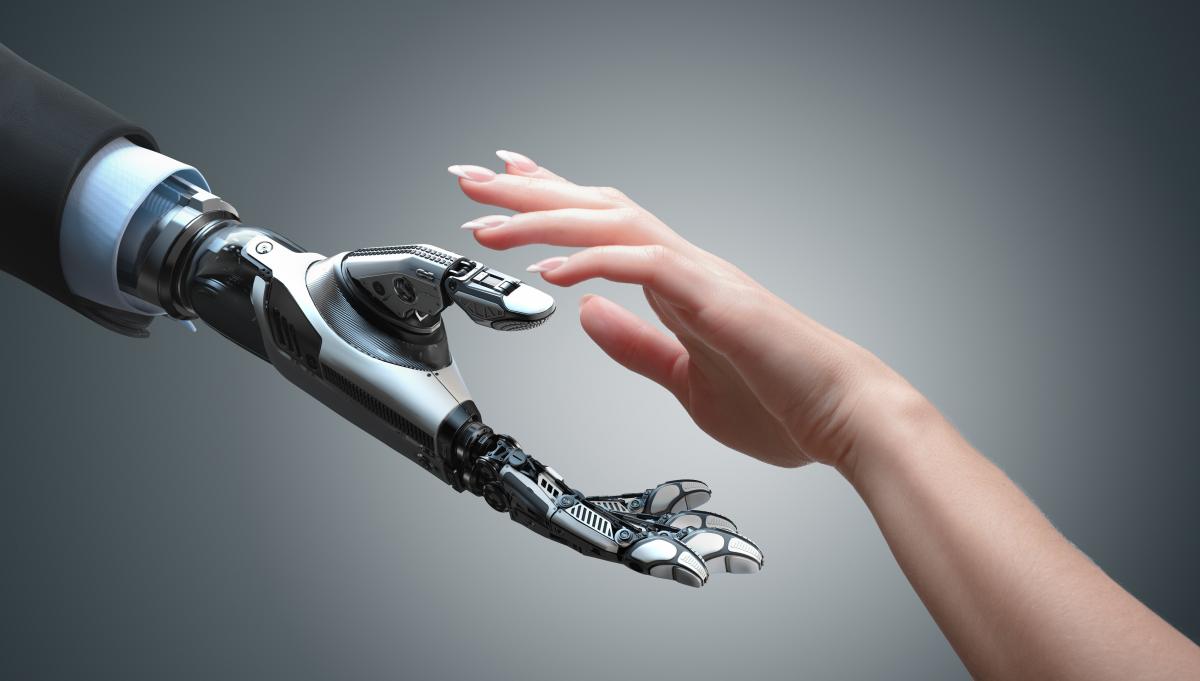
They’re invading the sky, the land, the sea! Unmanned systems are being used in more and more industries to do jobs too dangerous, dirty, tedious, or even impossible for people to do. As the industry continues to expand, many worry about the security of their jobs and whether or not they might soon find themselves replaced by an unmanned system.
“In the future we will absolutely be seeing more unmanned systems,” says Dr. Richard Baker, unmanned systems scholar and professor. “An unmanned system is any electromechanical system which has the ability to carry out a predetermined or described task, or a portion of that task, and do it automatically with limited or no human intervention,” Dr. Baker explains.
There are many different kinds of unmanned systems. Land vehicles, like large combines, are being used in the farming industry. Aerial vehicles, like the popular lightweight quadcopter, are being used in the film industry to get beautiful overhead shots. Some of the most recognizable unmanned vehicles are even helping us to explore outer space.
“A land vehicle would be the Mars Rover,” says Dr. Baker. “We don’t think about it, but that really is a ground vehicle that’s being used to explore another planet.”

“In the water there are many different kinds,” he continues, “but they are starting to use them for mobile vehicles on the water’s surface to be security, harbor patrol. There’s actually an unmanned cargo vessel being used in Russia. They are using large cargo ships that are unmanned to transport goods, and I expect that to be going on in the future.”
With so many industries affected, should people be worried about their jobs? Dr. Baker says no: “What we’re doing is we’re creating whole new fleets of vehicles that need the support of engineers, maintenance, refuelers, software engineers, and administrators. There are new industries being created with new jobs.”
So it takes more than just skilled programmers to create successful unmanned systems. Engineers, designers, computer scientists, cyber experts, industry specialists, and more will all be potentially employable working on unmanned systems. But will some jobs be altogether eliminated?
“They’ll probably be changed because they’ll be able to use a robot to do something,” says Dr. Baker. “For example, when you think of firefighting, let’s use these vehicles to fight a fire. Alright, well who’s going to run them? Firefighters. They know where to put them and how to use them. So what we’re doing is we’re creating more jobs to create the vehicles and we’re creating new tools that the industries can use.”
“Overall, the use of unmanned systems is creating more jobs,” says Dr. Baker. “The first people that worry about them are pilots. Are we going to be replaced by them, and that answer is absolutely not. This is an environment that is complementary to manned aviation. We will eventually see manned and unmanned aircraft working together. We’ll see aircraft and water and ground vehicles working together because they’ll be communicating. So this is a world that is growing rapidly and it’s increasing the number of jobs.”
Capitol’s unmanned and autonomous systems programs are set to begin this Fall of 2018. To learn more about our programs, check out: Unmanned and Autonomous Systems and Unmanned and Autonomous Systems Policy and Risk Management.
www.CapTechU.edu
No comments:
Post a Comment